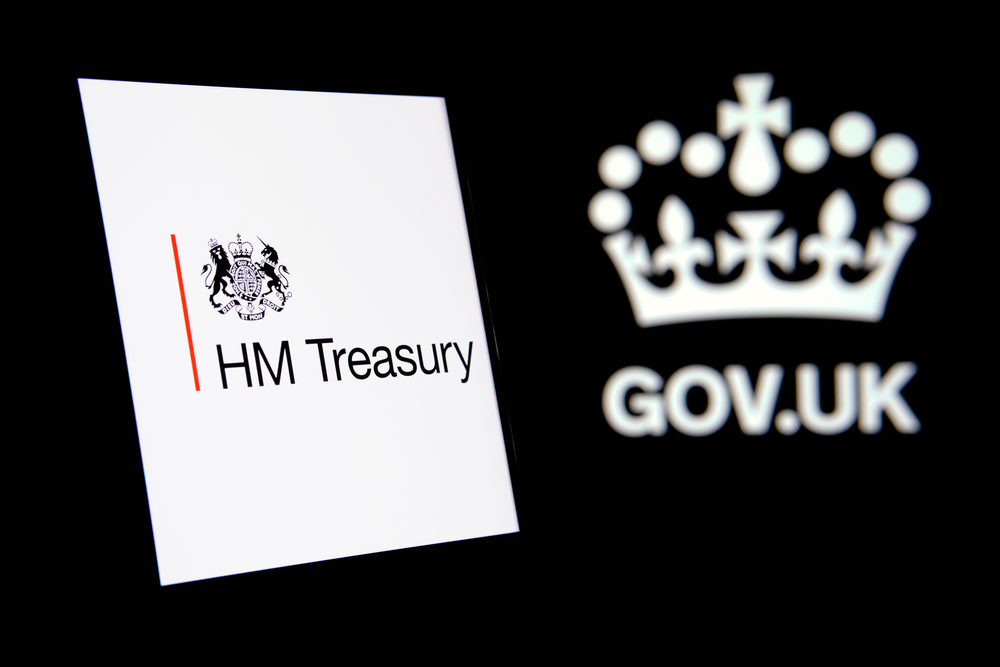OU News
News from The Open University
- Home
- Kwarteng paid the price for the miscalculations of previous Chancellors
Kwarteng paid the price for the miscalculations of previous Chancellors
Posted on • Arts and social sciences, Society and politics

Alan Shipman, a senior lecturer in economics at The Open University, gives his opinion on the historical reasons Mr Kwarteng “had to go”.
Kwasi Kwarteng will be remembered as the Chancellor who blew the government’s economic credibility with unfunded tax cuts.
But his strategy was the only one left, after a series of earlier mistakes by the previous occupants of Number 11 now queuing up to condemn him.
In the short term, running a wider fiscal deficit was the only way to keep the economy out of recession, as the major economies slowed due to higher global energy costs and China’s asset-price deflation.
In the longer term, restoring economic growth to 2.5% per year is the only way to meet rising demands on health, education, social care and other essential public services while keeping public debt at a sustainable ratio to GDP.
Part played by former chancellor George Osborne
Kwarteng inherited a public debt that had already been pushed to historically high peacetime levels by the 2008 global financial crisis, which forced an expensive bailout of the banking sector, and the global pandemic, which forced a more general bailout (via the furlough scheme) during the lockdown periods of 2020-21.
Failure to close the fiscal deficit (and so start paying-down public debt) in the 12 years between these crises was the fault of George Osborne, whose austerity policies not only held economic growth below the previous 2.5% trend throughout his Chancellorship, but also damaged the economy’s long-term growth potential.
A missed opportunity
At a time when central banks could push interest rates down close to zero, because inflation was low and threatening to go negative, Osborne spurned a historic opportunity for higher public borrowing at a time when it was costless.
If he had run wider fiscal deficits in 2010-16, the economy would have recovered faster, and there would have been no need for the Coalition’s savage cuts to public services and public investment. To win the leadership, Liz Truss promised to deliver tax cuts while maintaining (if not increasing) public service outlays.
This fatally tied her new Chancellor’s hands in three ways.
- First: it required extra borrowing at a time when this is becoming a lot more expensive. Interest rates are rising globally due to higher inflation, and the UK is running a historically high current-account deficit, which leads investors to demand a premium due to fears of a weakening pound.
- Second: Truss is committed to Brexit, which has worsened inflation (and further constrained short-term growth) by creating widespread labour shortages.
- Third: and most significantly, Truss’s repeatedly expressed belief that lower taxes expand production clashes with the new reality that higher public spending is the more effective generator of growth. Public investment, in the ‘soft’ infrastructures of education, health and care as well as the hardware needed to build communications and combat climate change, is now a vital complement to the private investment that drives economies forward.
A tax increase could have boosted growth
Kwarteng’s truncated tenure shows that, in the new reality, a tax increase in the mini-budget could have boosted growth – by reassuring financial markets that all the necessary public spending can be financed, and by avoiding the now irresistible pressure on the Bank of England to raise interest rates further and faster, so that everyone (and not just the Treasury) now pays much more on their debt.
With inflation close to 10%, the government can easily let the tax burden rise by being slow to raise thresholds, so that more people start paying income tax or move into higher brackets when their pay rises.
Jeremy Hunt, as the new Chancellor, has introduced explicit tax increases as well as reversing the planned corporation tax cut, though the previously planned drop in national insurance charges seems too advanced to rescind.
Public spending can also be covertly cut by raising social benefits and departmental budgets by less than inflation. Hunt knows this will bring electorally damaging pain, prolong the recession. But if it seals his reputation as the returner from exile who restored fiscal credibility, it’s a gamble he may take with one eye on future leadership.
In letting Kwarteng go, Truss appears already to have reversed the ideology that won her the leadership election – a U-turn of such ferocity, she too may soon be vulnerable to the centrifugal force.
Picture: Shutterstock